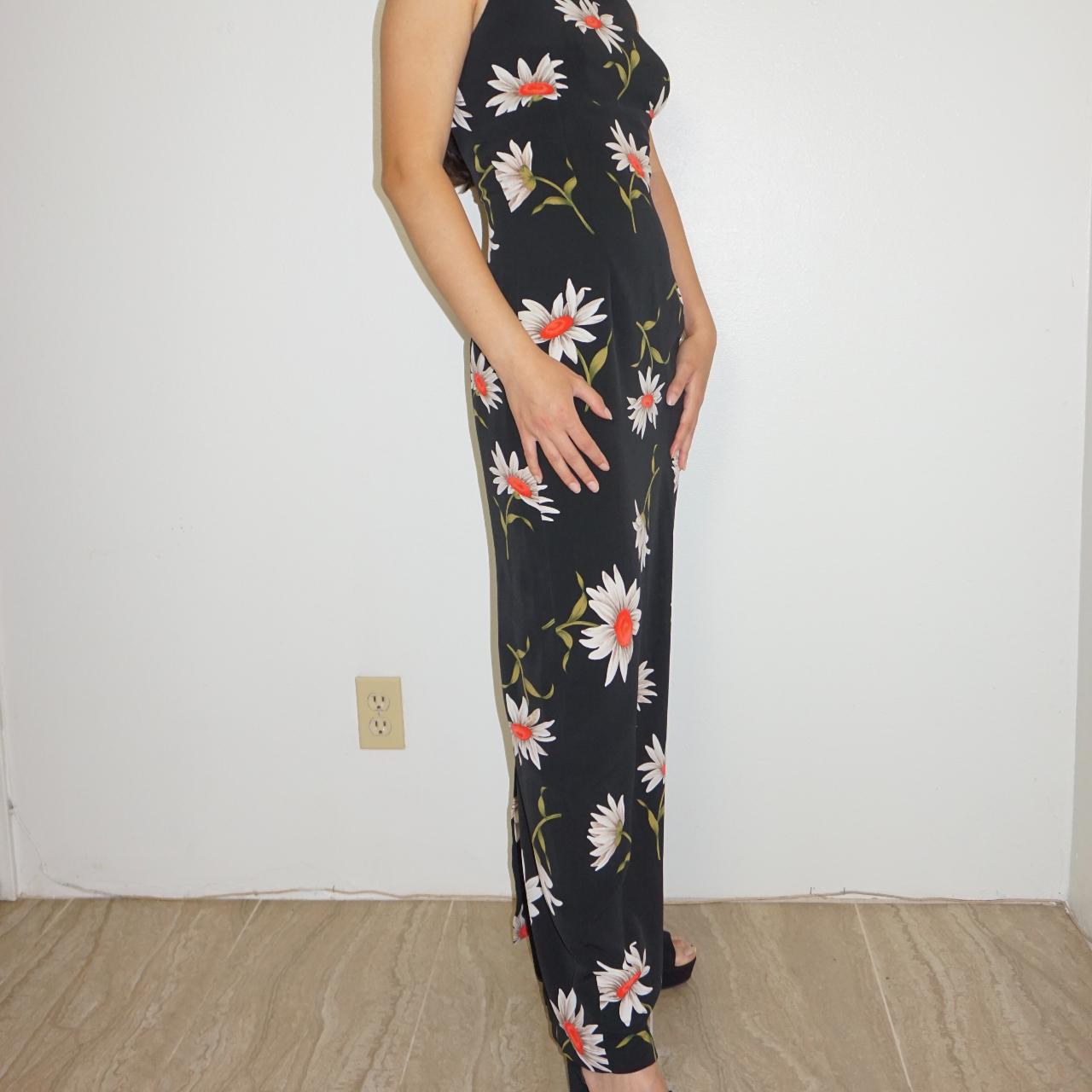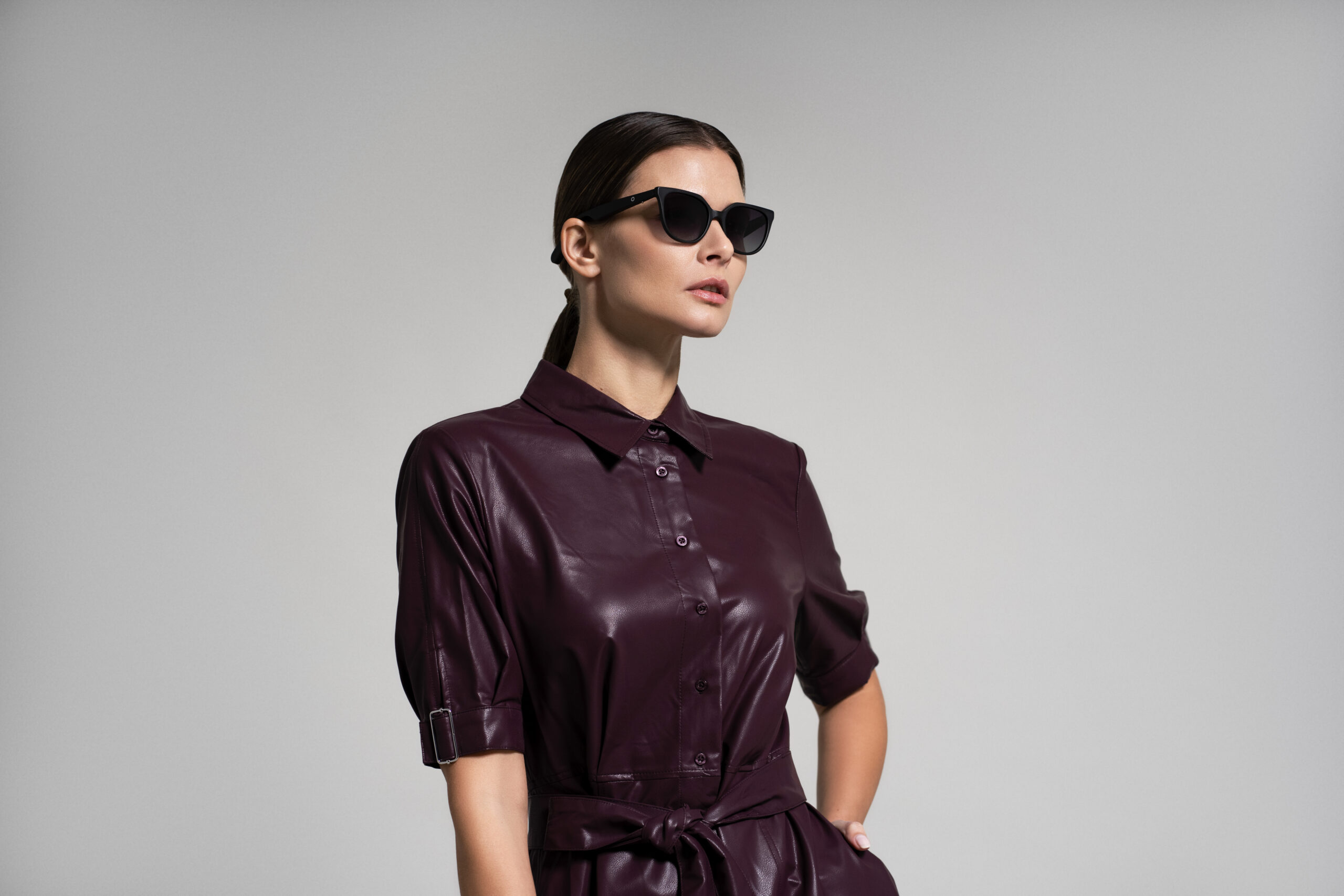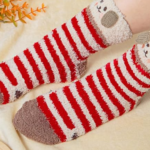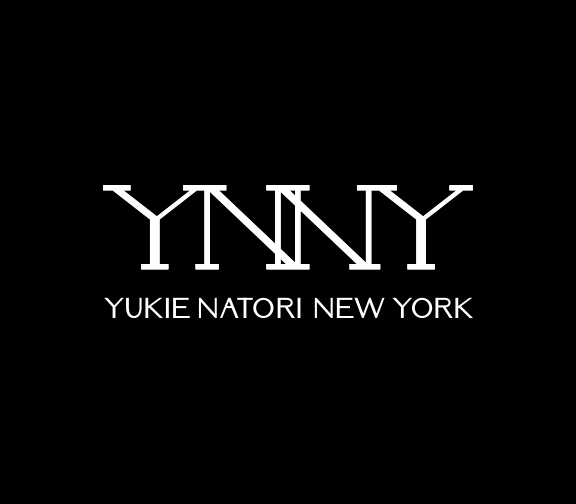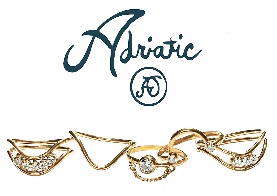Sustainable fashion is becoming more popular as more people learn about the dangers of fast fashion. People prefer shopping at thrift stores or second-hand websites rather than buying from fast-fashion retail stores. I sat with Iris, who owns Crema Closet, a sustainable second-hand brand, alongside her cousin.
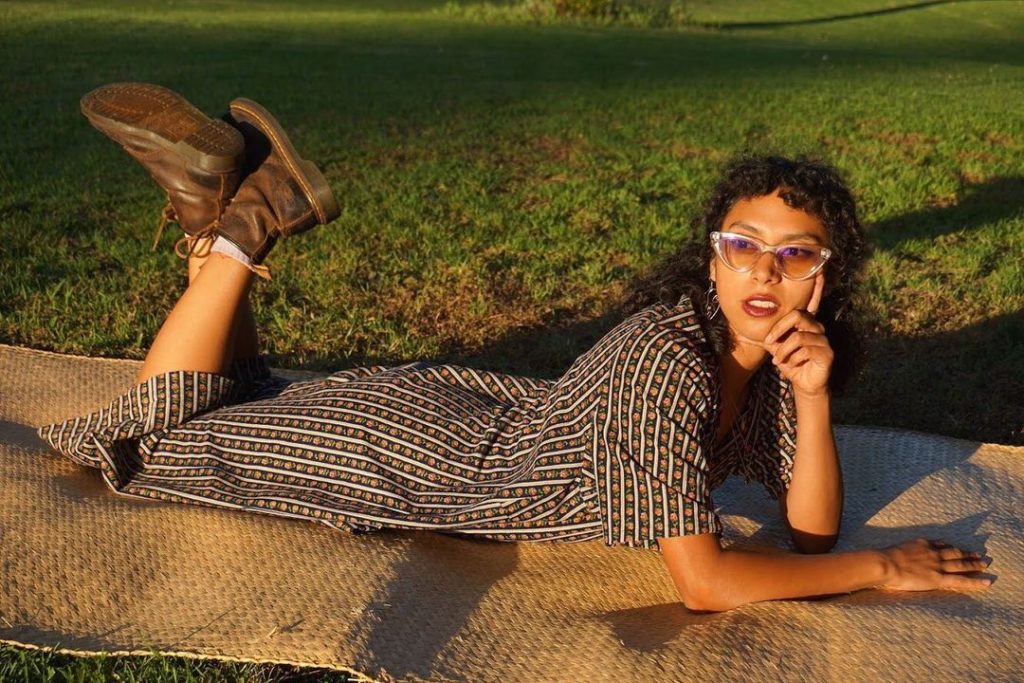
Crema Closet Founder Iris
Tell us about your small business. What do you guys sell, and how did you start?
My cousin and I were tired of working at our jobs during the early to mid-stages of the pandemic and were captured by the idea of being self-employed, so we planned out a business that blended our passions: fashion and sustainability. In the summer of 2020, we launched Crema Closet, an online thrift/boutique store that sells second-hand/vintage clothing and records.
Why is sustainability important for you?
Sustainability is important because we see how much pollution is produced as a consequence of consumption and consumerism. From learning specifically about the pollution produced within the fashion industry, we believe it would be more beneficial to sell already produced clothing than to make new ones. There are unique ways to help this idea, such as upcycling clothes meaning recreating an article of clothing by using one or more pieces of fabric from existing clothes and/or fabric. Pollution is seen in the streets of LA; however, it is only a fraction of what is existent and apparent on a global scale. Sustainability is not just a trend but rather a necessity in our world because we will not have a healthy future to look forward to without it.
What are the challenges you’ve faced running a women-owned small business?
Once you start working in secondhand selling, you find that being a woman and a POC is not unique within the industry. Many other individuals are women and POC, but we have not seen many Salvadorians coming from San Fernando Valley like us, so I would say that makes us stand out from the rest. Also, we sell records that are rare to non-existent nowadays unless you are a crate digger or own a record shop.
What piece of advice would you give to someone who wants to start a sustainable business?
A piece of advice to people who would like to start a sustainable business is to not be so hard on yourselves if everything incorporated within your business is technically not sustainable such as tape when you need to ship out products. It is definitely tricky purchasing everything as sustainable as it accumulates in your expenses. Once your business grows over time, more solutions will be to dispose of non-sustainable practices.
- Vintage Floral Babydoll Dress US$52.80
- Pink Polka Dot Short Sleeve Collared Shirt US$16.50
- Black Rampage Maxi Dress US$79.20
Edited by Wynter Aiken



